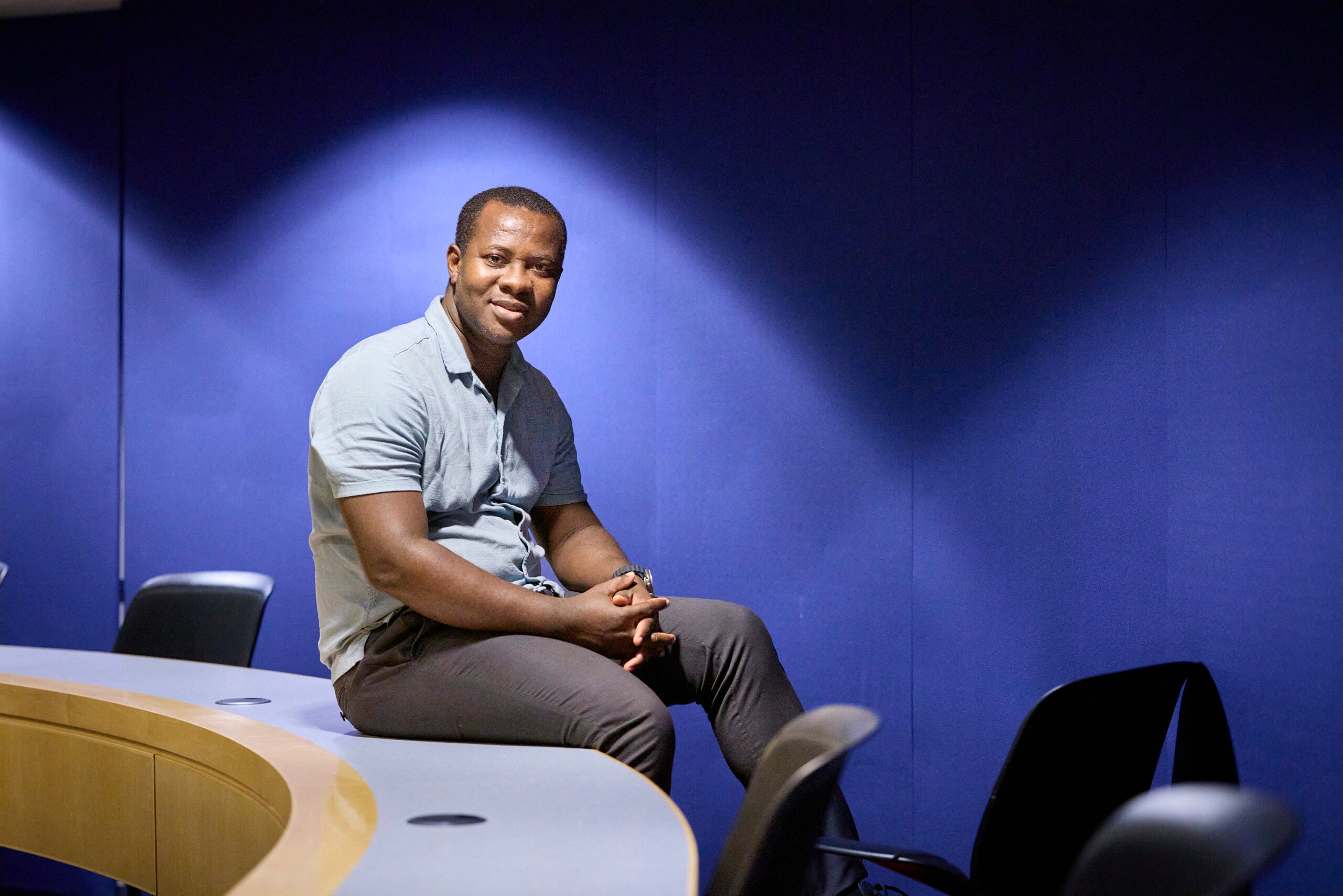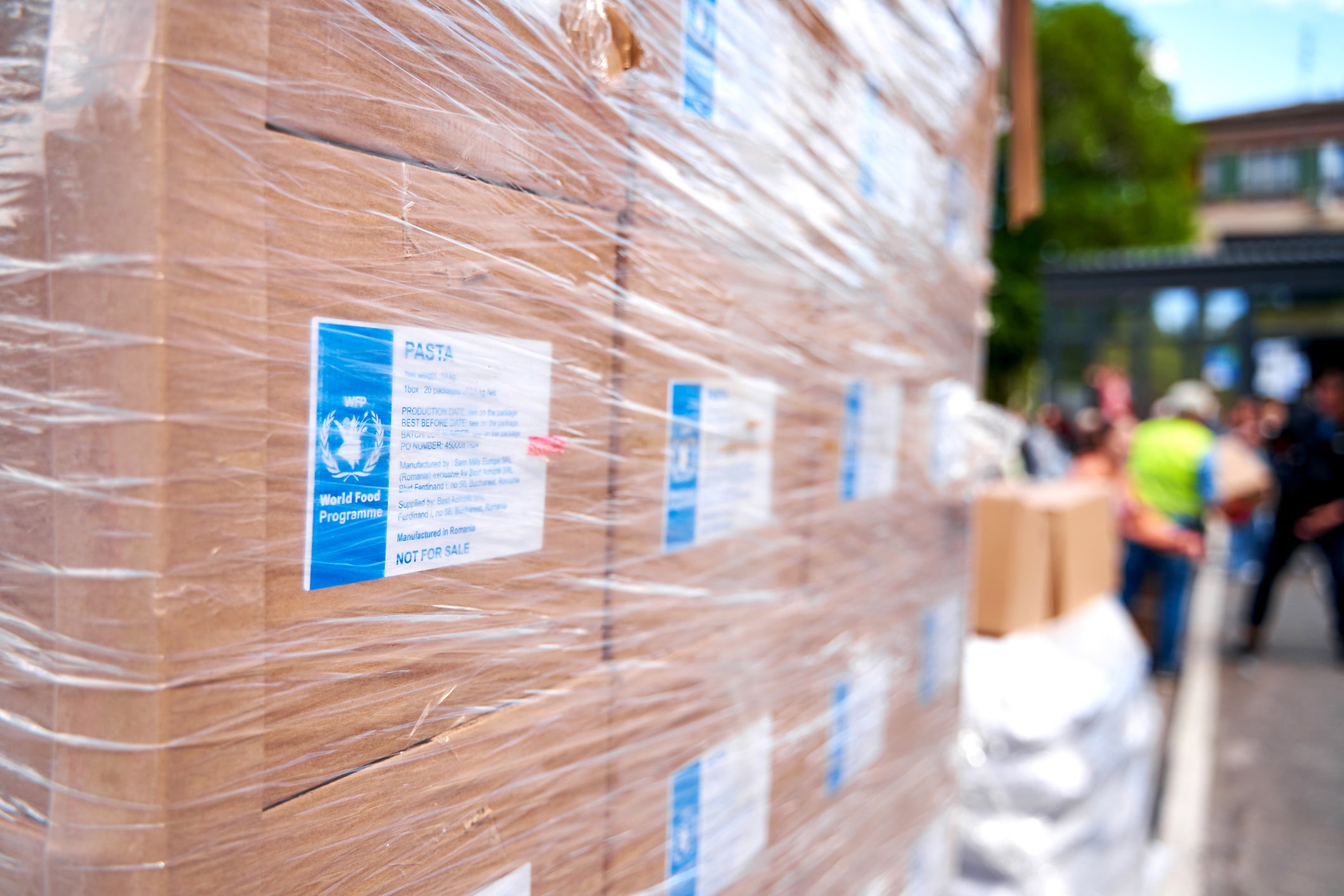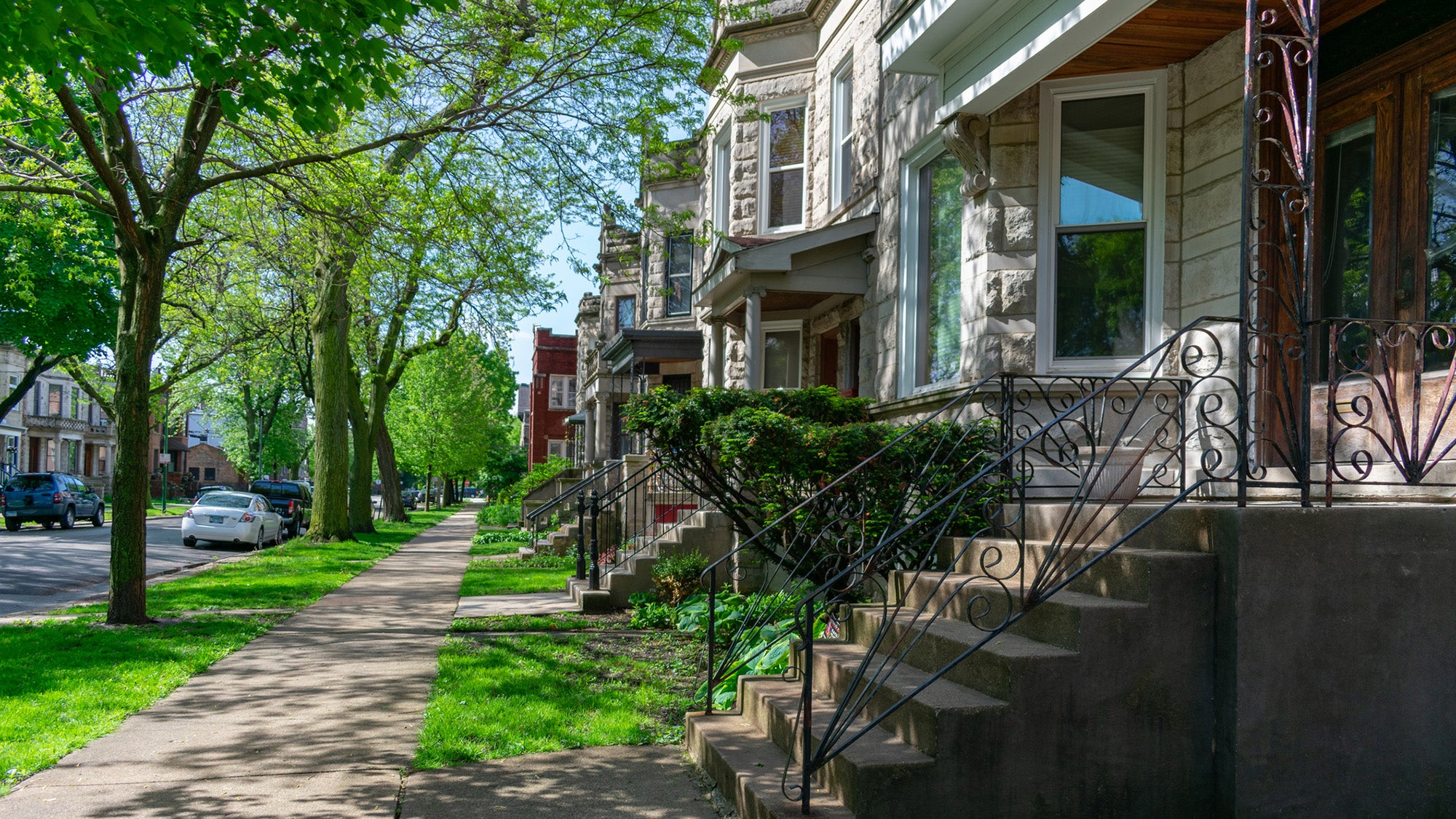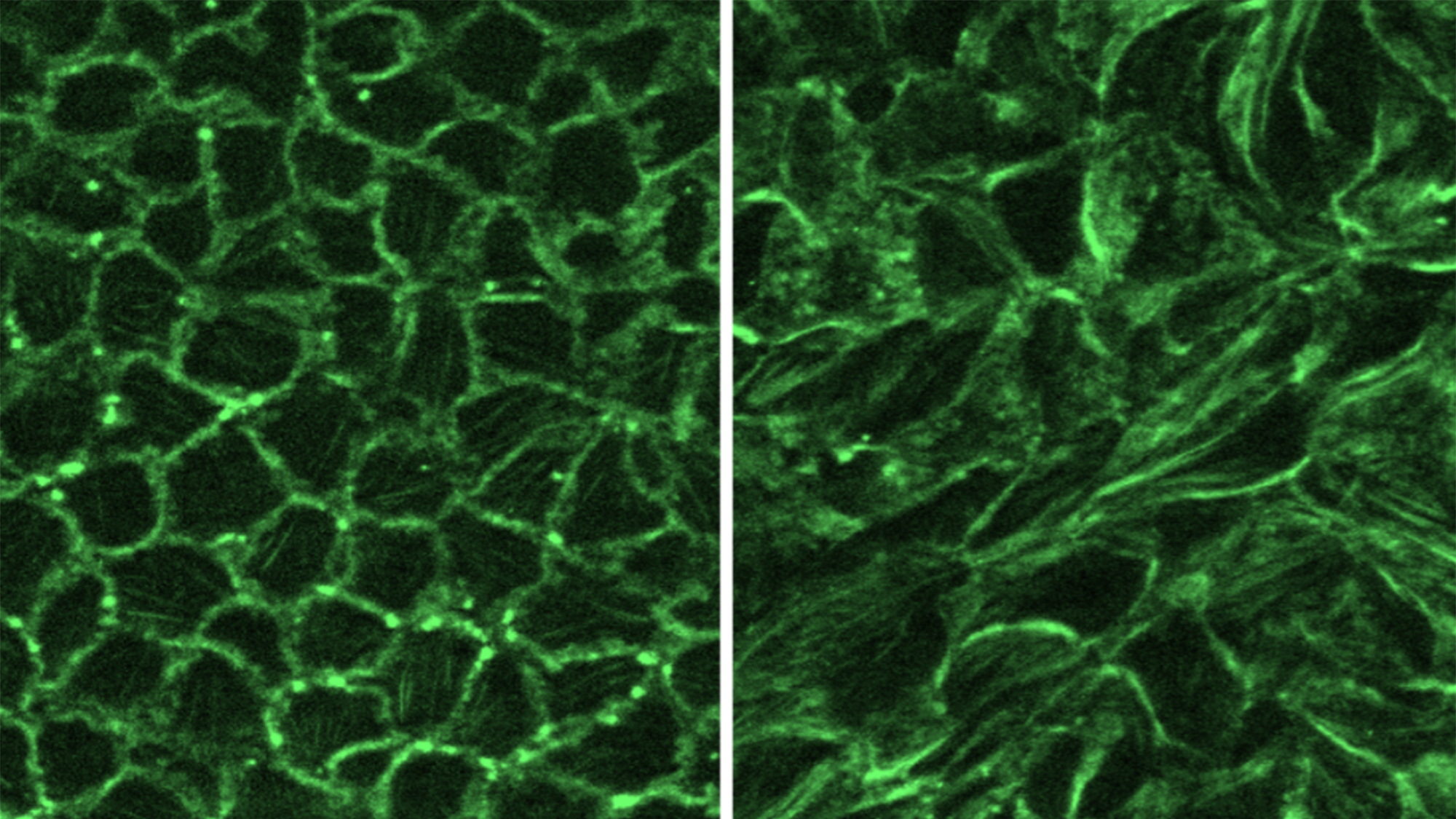Reducing health risks for miners in Ghana, worldwide

Francis Arthur-Holmes, MPH ’25, grew up around the mining industry in Ghana and saw many of its inherent risks and dangers. Following his graduation with a degree in occupational and environmental health from Harvard T.H. Chan School of Public Health, his mission is to improve the health and safety of miners in his native country and worldwide.
I grew up in a small mining community, Prestea-Bondaye, in the Western Region of Ghana. Before I completed junior high school, my father died. In my final year of senior high school, my mother also died, so at age 17 both my parents were dead. I had to fend for myself and plan for what was ahead of me. That included working in informal artisanal gold mining, locally called galamsey, in Prestea-Bondaye for about a year. I also taught in private high schools after senior high school.
I became interested in public health because of how my father died. In the village where he got sick, there was no health care facility. His relatives had to transport him to a town where there was a clinic. If there was a clinic in my village, he would not have died.
After completing senior high school, I worked for four years before I went to Kwame Nkrumah University of Science and Technology in 2010. This was made possible through the savings I had from working and financial support from a relative. During my time there, I struggled to pay my school fees and accommodations, but got some support from friends, relatives, the university, and the student Christian association. I had promised my father before he died that I would go to university, so I stayed focused on my education when I got the chance.
I received my degree in geography and rural development at the undergraduate level. I got a master’s in development studies at Oxford with a full scholarship, came back to Ghana and worked with a government organization for almost a year, then went to Hong Kong for a PhD in sociology and social policy at Lingnan University on a full scholarship.
My interest in occupational and environmental health was sparked when one of my friends lost his eyes to a mining accident from blasting in an underground mine. Some of my family members had also lost their lives through mining activities. And I come from a family of miners—my grandpa was a goldsmith and my father was once a small-scale miner and a blast man in large-scale gold mines in Prestea. Following my friend’s accident, I decided that my career path would be studying how to improve miners’ health.
After undergrad, my colleagues and I became interested in publishing papers to enhance our opportunities to become research experts in our chosen fields before pursuing further education. Before I had completed my PhD, I had published more than 40 papers, most of them focused on mining and public health issues.
The Harvard MPH program in occupational and environmental health also has a strong focus on occupational and environmental medicine. I’m fortunate to be in a class of seven where my classmates are all physicians. In addition to learning about occupational safety and injury prevention, it gave me the opportunity to learn from them during class discussions about diagnosing diseases like occupational-related asthma, silicosis, TB, and measles, and how diseases can be prevented.
I was awarded a Rose Service Learning Fellowship last fall to conduct research on occupational health and safety practices in small-scale gold mining in Ghana, which I did in December and January. I partnered with an organization called Cocoa360, a nonprofit that coordinates the use of revenues from community-run farms to improve education and health care in farming communities in the rural Western Region. I did research to improve miners’ knowledge about occupational hazards and risk in order to reduce the occurrence of injuries.
After I graduate I plan on continuing to conduct research in the field of occupational health and safety in the mining industry and to also focus on sustainability innovations in the critical minerals sector. And I’m looking forward to establishing my own startup, a platform that would provide occupational health and safety services to mining industries worldwide.
Quick hits
Most challenging thing that ever happened on a job: When I first worked in informal gold mining as an ore transporter, I was labeled as a weak man for not actually working in a mine as a digger. I was 15 years old at that time. But I didn’t let it bother me.
Favorite music: I listen to Christian music and sometimes Ghanaian highlife songs.
Current reading list: “Mind Management Not Time Management,” by David Kadavy, and “How to Build a Billion Dollar Business,” by Radek Sali
Favorite movie: “God’s Not Dead,” a Christian film
Foods I love: Ghanaian cuisine, fufu and palm nut soup with mushrooms, snails, and smoked mackerel
Three historical figures I’d invite to a cookout: Kwame Nkrumah, Nelson Mandela, and Kofi Annan


